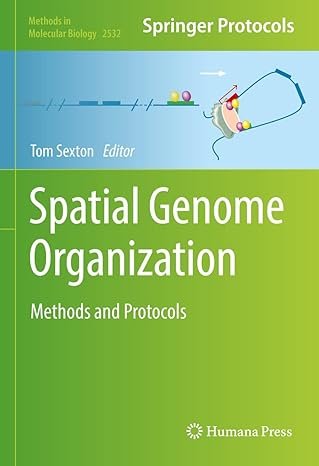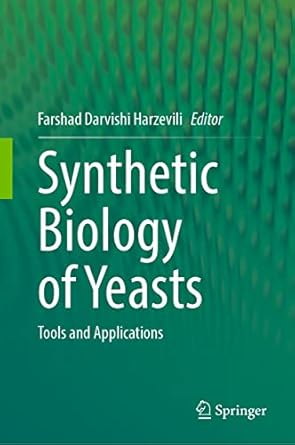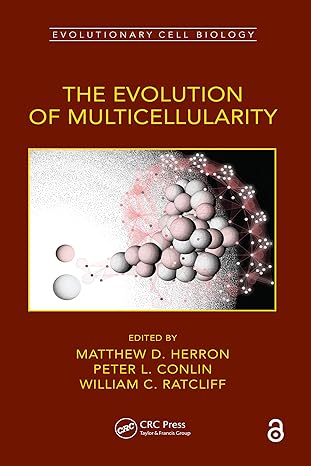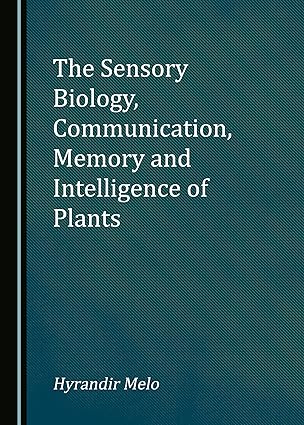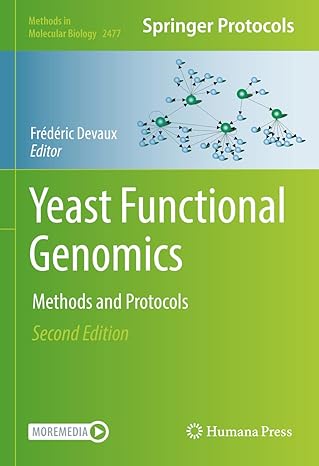Somatic Embryogenesis: Methods and Protocols (Methods in Molecular Biology 2527)
Somatic Embryogenesis: Methods and Protocols is a comprehensive and authoritative guide to one of the most important plant tissue culture techniques used in modern biotechnology. Somatic embryogenesis—the process by which embryos are formed from somatic or non-reproductive cells—is a powerful tool for plant propagation, genetic improvement, and conservation of endangered species. This volume in the prestigious Methods in Molecular Biology series provides the latest research-based protocols for initiating, developing, and maturing somatic embryos across a wide range of plant species.
Authored by leading experts in plant biotechnology, molecular biology, and agricultural sciences, this book serves as both a conceptual reference and a hands-on laboratory manual. Whether for basic research or commercial-scale plant production, the methodologies described are designed for accuracy, reproducibility, and efficiency.
Key Features of “Somatic Embryogenesis: Methods and Protocols”:
-
Comprehensive Techniques: Covers all stages from explant selection and culture initiation to embryo maturation and plantlet regeneration.
-
Species-Specific Protocols: Detailed methods applicable to economically important crops, forest trees, ornamentals, and medicinal plants.
-
Molecular Insights: Includes protocols for gene expression studies, molecular marker analysis, and transformation techniques related to somatic embryogenesis.
-
Cryopreservation and Conservation: Practical steps for long-term storage of embryogenic cultures.
-
Troubleshooting Guidance: Expert advice to overcome common challenges in callus induction, somatic embryo development, and acclimatization.
Following the trusted Methods in Molecular Biology format, each chapter offers an introduction to the topic, a list of necessary materials and reagents, precise step-by-step experimental procedures, and practical tips for success—making it ideal for both beginners and experienced researchers.


